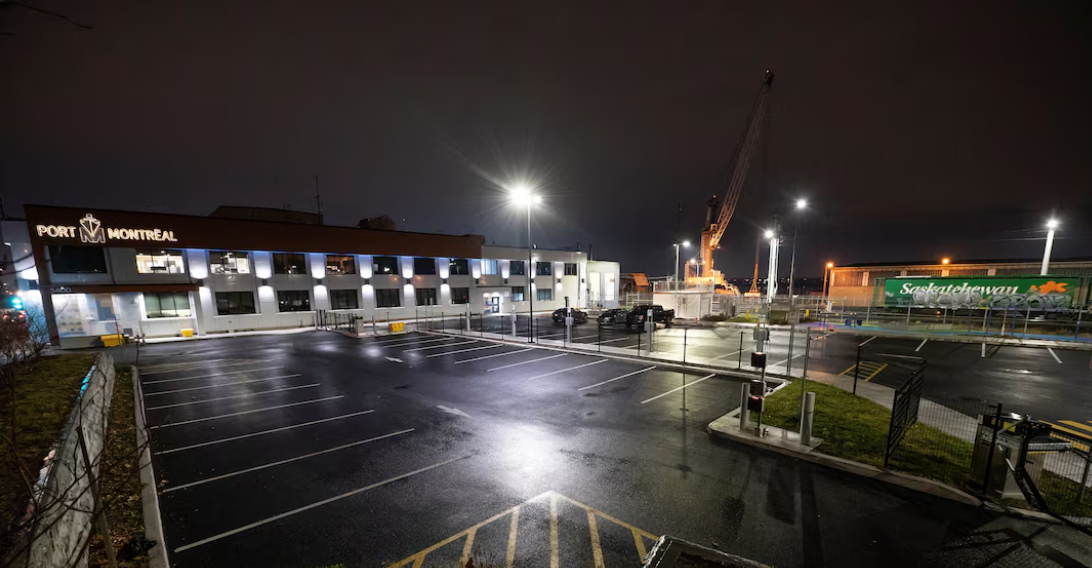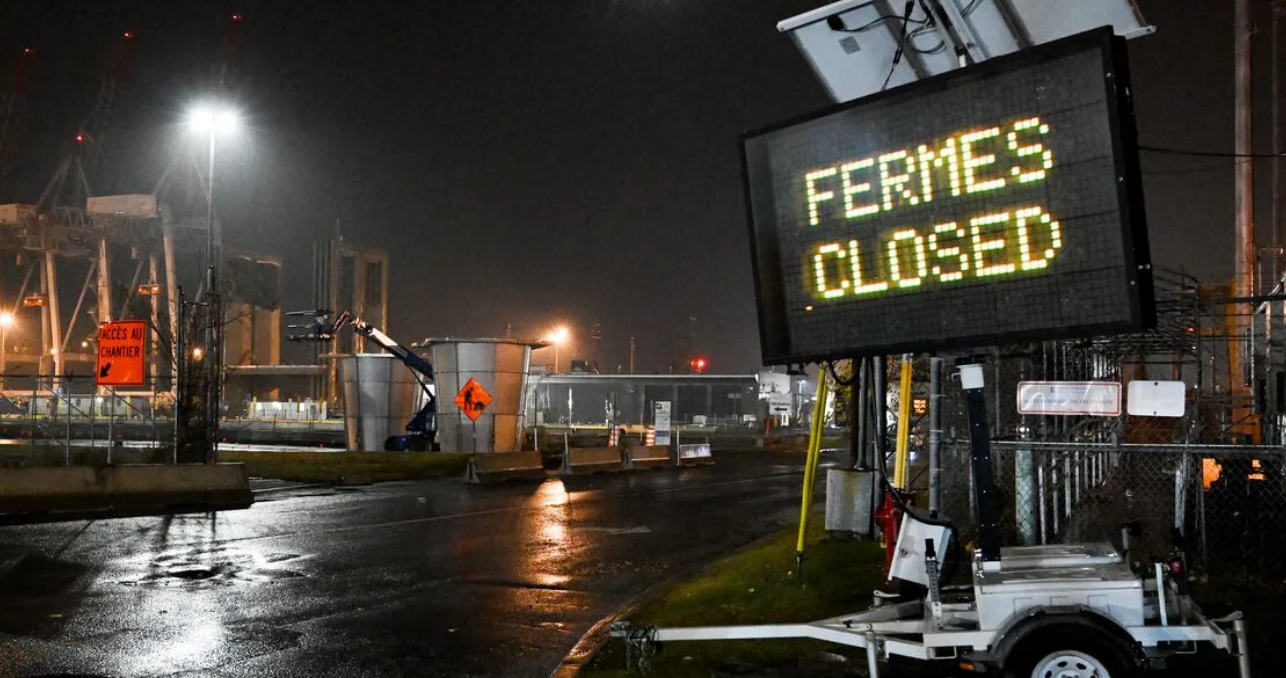
The lockout was initiated after 1,200 dockworkers, represented by the Canadian Union of Public Employees (CUPE) Local 375, voted 99.7% against the Maritime Employers Association’s (MEA) contract offer. The union stated that the proposal did not adequately address their demands, particularly regarding scheduling and work-life balance.
The MEA’s final offer included a cumulative salary increase of over 20% over six years—3% annually for four years and 3.5% for the last two years. This would bring average compensation for dockworkers to over CAD $200,000 per year. However, this offer was rejected by the dockworkers.
As of now, negotiations remain stalled. The union has expressed willingness to negotiate but insists on addressing core issues rather than accepting what they describe as “cosmetic changes” in the employer’s proposals
As the action drags on, unions and employers are blaming each other, while government officials and businesses express dissatisfaction.
Canada’s Minister of Labour, Steven Mac Kinnon, stated that progress in the nearly two rounds of negotiations has been slow, indicating a lack of urgency from all parties, and believes that an agreement needs to be reached quickly. He is monitoring the latest developments and mentioned, “The federal government supports these negotiations.”
The Canadian Retail Council reiterated that resolving labor disputes in British Columbia and Quebec “seems to lack any urgency.” The business community continues to call on the federal government to intervene, while the Canadian Federation of Independent Business questioned how long the government can allow the entire situation to continue.
The Canadian Union of Public Employees (CUPE) reminded the federal government to address these issues. The Montreal strike groups are members of the union locally. They pointed out that the federal government intervened in the 2021 strike and imposed arbitration. The union believes that the issues causing the current strike have not been resolved due to interference.

Labor representatives believe that employers seem to be adopting a “tough stance on both sides.” The British Columbia Maritime Employers Association on the west coast stated nearly two weeks ago that they have made their final and best offer. They claim that the proposal raises the median wage by 19%, increases pension rights by 16%, and provides substantial one-time payments, and “requires no concessions from the unions.”
Both labor and management have been asked to return to negotiations on Saturday afternoon last week. The union stated that they have reserved time on Sunday and Monday to conduct further negotiations if needed. The talks will be chaired by a federal mediator, and the issues mainly involve the use of automation and its impact on employees and work arrangements.
Local representatives on behalf of the workers have filed a complaint of unfair labor practices with the Canadian Labour Relations Board. They stated that employers have threatened to cancel expired contract terms and are doing everything possible to force the federal government to intervene. Employers responded by denying any wrongdoing and stated that the complaint is “unfounded.”
The situation at Montreal Port in Canada is becoming increasingly controversial, with approximately 320 dockworkers at the two largest container terminals on strike. These two terminals handle 40% of the port’s container throughput. They went on strike on October 31 last year.
The Canadian Union of Public Employees noted that they are reviewing the proposals for the Montreal dockworkers.
Analysts indicate that due to the spread of supply chain disruptions across Canada, businesses are also voicing complaints.
